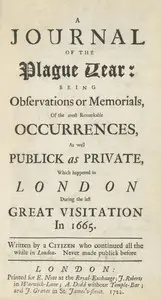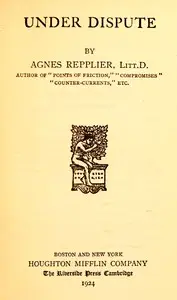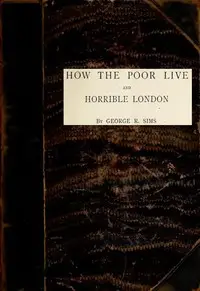"Reasons Against the Succession of the House of Hanover" by Daniel Defoe is a political pamphlet written in the early 18th century. It addresses the contentious political climate of the time surrounding the legitimacy of the Hanoverian succession to the British throne, following the abdication of King James II. Defoe presents arguments against the acceptance of a foreign royal line, advocating instead for unity among the factions within Britain and questioning the benefits of importing the House of Hanover into an already divided nation. In this pamphlet, Defoe critiques the idea of the Hanoverian succession, arguing that the ongoing strife between rival factions—Whigs and Tories—would undermine any potential support for a new ruler from Hanover. He asserts that such division could lead to the ruler’s downfall, much like historical precedents where divisions in power resulted in instability and violence. Defoe expresses concerns about the implications of a foreign monarch, questioning not only the legitimacy of the pretender’s claims but also the dire consequences of pursuing a succession that could potentially embroil Britain in further conflicts, particularly with France. Ultimately, he suggests that a national "healing" through unity is essential before considering any changes to the royal lineage. (This is an automatically generated summary.)

Reasons Against the Succession of the House of Hanover With an Enquiry How Far the Abdication of King James, Supposing It to Be Legal, Ought to Affect the Person of the Pretender
By Daniel Defoe
"Reasons Against the Succession of the House of Hanover" by Daniel Defoe is a political pamphlet written in the early 18th century. It addresses the c...
Daniel Defoe was an English novelist, journalist, merchant, pamphleteer and spy. He is most famous for his novel Robinson Crusoe, published in 1719, which is claimed to be second only to the Bible in its number of translations. He has been seen as one of the earliest proponents of the English novel, and helped to popularise the form in Britain with others such as Aphra Behn and Samuel Richardson. Defoe wrote many political tracts, was often in trouble with the authorities, and spent a period in prison. Intellectuals and political leaders paid attention to his fresh ideas and sometimes consulted him.


















